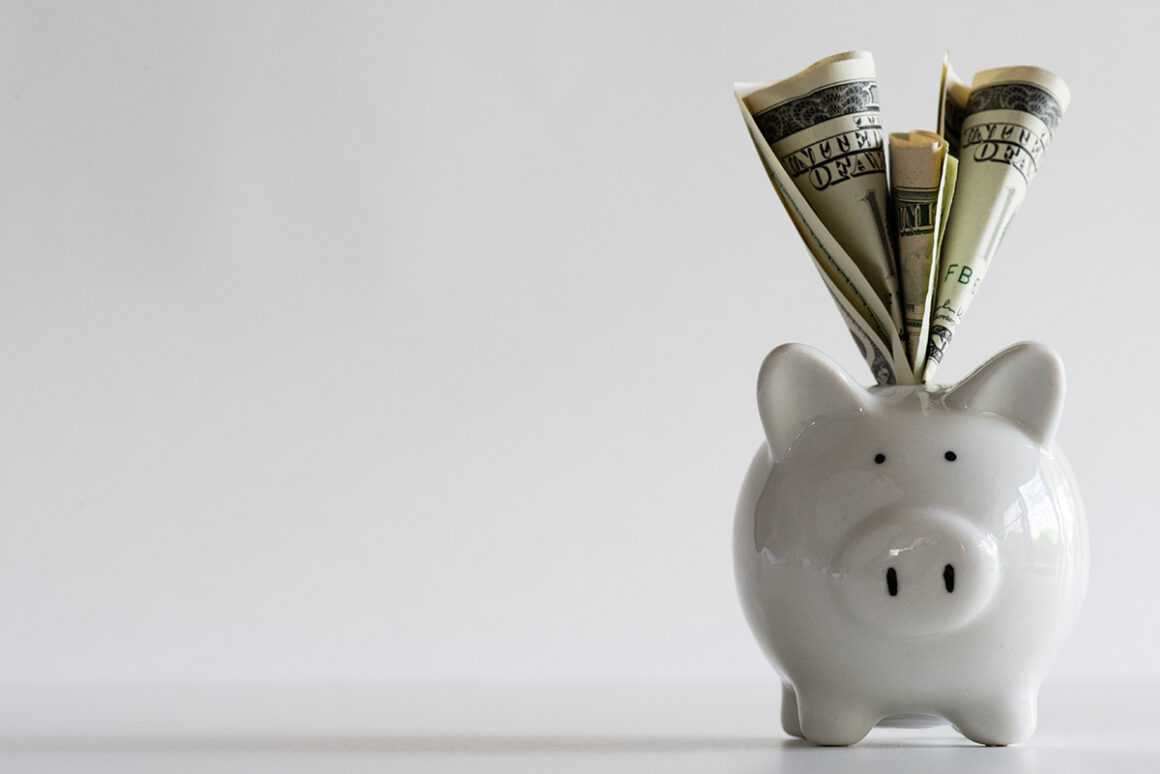When mapping out your career goals, you might list objectives such as negotiating a raise, securing a leadership role, starting your own business, becoming an expert in your field, or landing a job at a new company. While these are all valid and ambitious goals, many professionals overlook a critical component of long-term success: personal development. This article explores the distinction between personal and professional development, why both are essential, and how to incorporate them into your growth strategy.
Personal Development
Personal development is the continuous process of self-improvement that allows you to become the best version of yourself. It involves cultivating soft skills—also known as essential skills—such as communication, emotional intelligence, time management, and adaptability. These skills not only enhance your personal life but also significantly impact your professional performance.
By focusing on your thoughts, health, and overall well-being, you can build a stronger sense of identity and confidence. This, in turn, makes you more effective in both your personal and professional endeavors. Personal development is about understanding your values, motivations, and aspirations, and using that understanding to guide your decisions and actions.
Professional Development
Professional development refers to the process of acquiring new knowledge and skills that directly enhance your career potential. This can include pursuing certifications, attending workshops, taking on new responsibilities, or expanding your expertise in your field. The goal is to become more efficient and effective in your job, thereby increasing your value to your organization and improving your career prospects.
Unlike personal development, which is often self-directed, professional development may be supported by your employer through training programs, mentorship, or tuition reimbursement. However, taking initiative in your own professional growth demonstrates ambition and a commitment to excellence.
Why Is Personal Development as Important as Professional Development?
While professional development is crucial for career advancement, personal development plays an equally important role. Here are four reasons why personal development should be a priority:
1. It Encourages You to Break Out of Your Comfort Zone
Personal development often involves addressing your weaknesses and confronting challenges head-on. In the workplace, this might mean tackling tasks you typically avoid or learning new skills that push your boundaries. By stepping outside your comfort zone, you build resilience and adaptability—traits that are invaluable in any career.
2. It Boosts Your Self-Esteem
Achieving personal goals, whether it’s learning a new language or adopting a healthier lifestyle, can significantly boost your confidence. This increased self-esteem translates into better performance at work, as you feel more capable and empowered to take on new challenges.
3. It Helps You Figure Out Your Priorities
Personal development encourages introspection, helping you understand what truly matters to you. This clarity can lead to more informed career decisions, such as pursuing a role that aligns with your values or making a strategic career shift.
4. It Improves Your Work-Life Balance
Focusing on personal development often leads to a healthier work-life balance. You become more aware of the importance of rest, relationships, and self-care, which can prevent burnout and improve overall job satisfaction.
How to Focus on Personal Development
There is no one-size-fits-all approach to personal development. The key is to find strategies that resonate with you and support your growth. Here are some practical ways to invest in your personal development:
- Commit to improving your public speaking skills.
- Take up a new hobby that challenges you creatively or physically.
- Learn a new language to expand your cultural understanding.
- Practice active listening to enhance your interpersonal relationships.
- Read widely across genres and topics to broaden your perspective.
- Improve your time management skills to increase productivity.
- Adopt a growth mindset and embrace lifelong learning.
- Network with people from diverse backgrounds and industries.
- Prioritize self-care through regular exercise, meditation, or journaling.
- Embrace change and view it as an opportunity for growth.
In conclusion, personal and professional development are two sides of the same coin. While professional development equips you with the technical skills needed for career advancement, personal development ensures you have the emotional and mental resilience to thrive in any environment. By investing in both, you set yourself up for a fulfilling and successful career.




